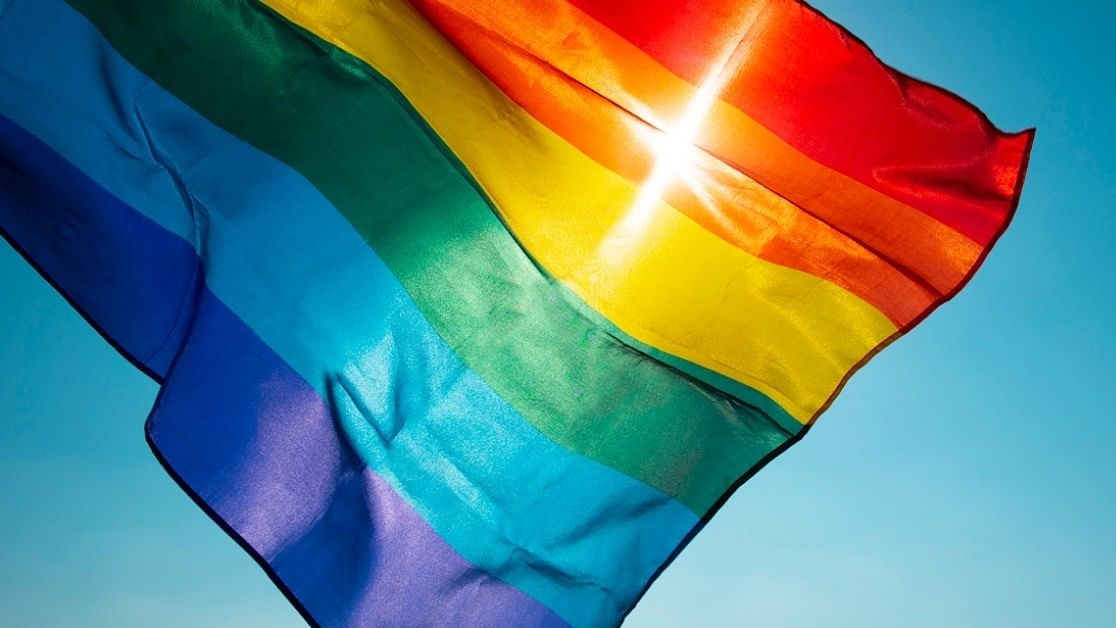
Representative image of the pride flag.
Credit: iStock Photo
New Delhi: The Supreme Court has said that existing regulations of 2013 made to prevent sexual harassment at the workplace in the Supreme Court of India cannot be made gender neutral to include LGBTQIA+ members by a judicial order.
A bench of Justices B V Nagarathna and Ujjal Bhuyan felt the focus will be lost from the principal objective, i.e, prevention of sexual harassment of women at the Supreme Court of India, if such amendments to the regulations, framed following enactment of the Sexual Harassment of Women at Workplace (Prevention, Prohibition and Redressal) Act, 2013 are made.
The bench said regulations were formulated in view of clause 3 of Article 15 of the Constitution and in order to extend the constitutional right of equality and equal protection of the laws as enshrined in Article 14.
"If a person other than an ‘aggrieved woman’ is subjected to sexual harassment...the answer does not lie by amending the existing regulations," the bench said.
"It would be inappropriate to direct the amendments to be made to the 2013 regulations as otherwise the whole purpose and object of the said regulations would be diluted and denuded of its effect," the bench added.
Senior advocate Vibha Datta Makhija, who appeared in person, said the regulations should provide gender neutral protection.
Following the recognition of the constitutional rights of other persons such as LGBTQIA+ persons, the regulations are wholly inadequate, she said.
She also cited 2014 judgment in case of NALSA case to buttress her plea.
The bench, however, relied upon its previous judgments which stated that a constitutional court would not issue a writ of mandamus to a legislature or to a rule making body to enact a law on a particular subject and in a particular manner.
